Embark on a symphony of sound and a journey through the ages. Prepare to be transported to a realm where melodies transcend time and emotions intertwine with the notes. In this extraordinary collection, we present to you 25 essential classical masterpieces. From the delicate elegance of Mozart’s compositions to the mighty grandeur of Beethoven’s symphonies, every piece in this anthology is a testament to classical music’s enduring beauty and profound impact. Take a seat, close your eyes, and let these timeless masterworks guide your soul through the echoes of history, where the language of music speaks to the very essence of our existence.
Unveiling the Timeless Treasures of Classical Music
Discover the timeless allure of classical music as we explore 25 essential masterpieces that have left an indelible mark on the fabric of musical history.
- Symphony No. 9 in D minor, Op. 125 – Ludwig van Beethoven
- Symphony No. 5 in C minor, Op. 67 – Ludwig van Beethoven
- Symphony No. 40 in G minor, K. 550 – Wolfgang Amadeus Mozart
- Symphony No. 9 in E minor, Op. 95 “From the New World” – Antonín Dvořák
- Concerto for Piano and Orchestra No. 5 in E-flat major, Op. 73 “Emperor” – Ludwig van Beethoven
- Symphony No. 3 in F major, Op. 90 – Johannes Brahms
- Symphony No. 7 in A major, Op. 92 – Ludwig van Beethoven
- Symphony No. 6 in F major, Op. 68 “Pastoral” – Ludwig van Beethoven
- Piano Sonata No. 14 in C-sharp minor, Op. 27 No. 2 “Moonlight Sonata” – Ludwig van Beethoven
- Symphony No. 41 in C major, K. 551 “Jupiter” – Wolfgang Amadeus Mozart
- Violin Concerto in D major, Op. 35 – Pyotr Ilyich Tchaikovsky
- Symphony No. 4 in A major, Op. 90 “Italian” – Felix Mendelssohn
- Symphony No. 6 in B minor, Op. 74 “Pathétique” – Pyotr Ilyich Tchaikovsky
- Symphony No. 94 in G major “Surprise” – Franz Joseph Haydn
- Symphony No. 1 in C minor, Op. 68 – Johannes Brahms
- Ave Maria – Franz Schubert
- Symphony No. 3 in E-flat major, Op. 55 “Eroica” – Ludwig van Beethoven
- Symphony No. 8 in B minor, D. 759 “Unfinished” – Franz Schubert
- The Four Seasons: Spring – Antonio Vivaldi
- Requiem Mass in D minor, K. 626 – Wolfgang Amadeus Mozart
- Symphony No. 5 in C-sharp minor – Gustav Mahler
- Prelude in D-flat major, Op. 28 No. 15 “Raindrop Prelude” – Frédéric Chopin
- Symphony No. 25 in G minor, K. 183 – Wolfgang Amadeus Mozart
- Brandenburg Concerto No. 3 in G major, BWV 1048 – Johann Sebastian Bach
- Symphony No. 7 in A major, Op. 92 – Ludwig van Beethoven
Symphony No. 9 in D minor, Op. 125

Listen:
- Amazon Music •
- Spotify •
- Tidal •
- YouTube
Artist:
- Ludwig van Beethoven
Album:
- Symphony No. 9
Description
As avid classical music enthusiasts, we can confidently say that Beethoven’s “Symphony No. 9 in D minor, Op. 125” is an essential classical masterpiece due to its transformative power, as the symphony transcends musical boundaries and touches the depths of human emotion. The inclusion of a choral finale with the uplifting “Ode to Joy” adds a universal message of hope and unity. Beethoven’s Ninth Symphony stands as a testament to his genius and remains a timeless masterpiece that continues to inspire and move audiences worldwide.
Symphony No. 5 in C minor, Op. 67
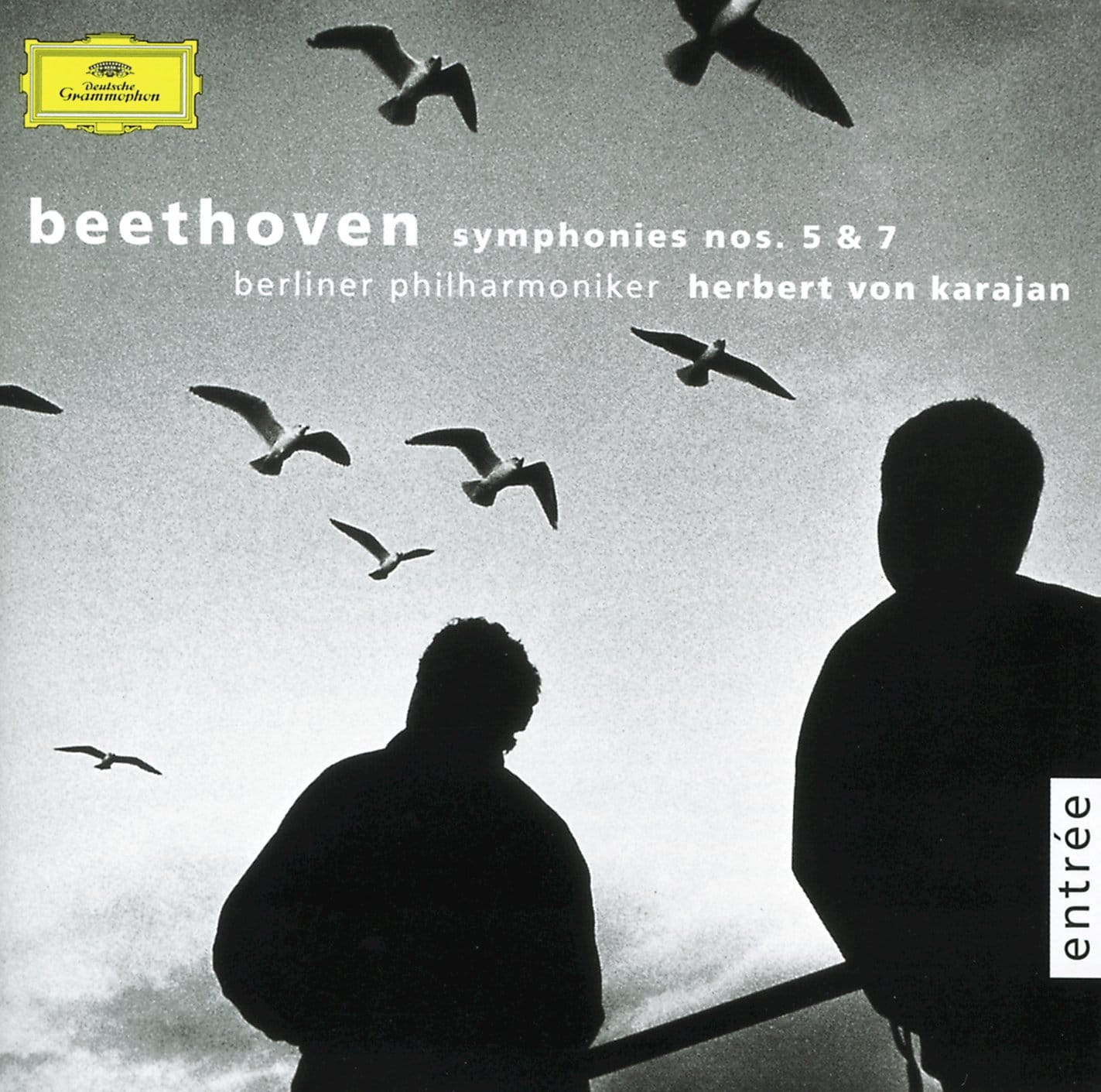
Listen:
- Amazon Music •
- Spotify •
- Tidal •
- YouTube
Artist:
- Ludwig van Beethoven
Album:
- Beethoven: Symphony No. 5
Description
Having tried multiple classical compositions, we must admit that Beethoven’s Symphony No. 5 in C minor, Op. 67, is a standout masterpiece. Speaking from personal experience, this symphony’s iconic four-note opening motif instantly grabs your attention and sets the stage for a thrilling musical journey. The symphony’s dramatic and intense nature, combined with Beethoven’s masterful craftsmanship, creates an unforgettable sonic experience. Symphony No. 5 showcases Beethoven’s ability to convey a range of emotions, from brooding darkness to triumphant resolution, leaving a profound impact on listeners.
Symphony No. 40 in G minor, K. 550

Listen:
- Amazon Music •
- Spotify •
- Tidal •
- YouTube
Artist:
- Wolfgang Amadeus Mozart
Album:
- Mozart: Symphonies Nos. 40 & 41
Description
Personally, we think that this symphony is a true masterpiece that showcases Mozart’s exceptional talent and musical brilliance. From the very beginning, the symphony captivates with its haunting and melancholic melodies, creating a sense of emotional depth and introspection. Mozart’s meticulous composition and impeccable craftsmanship shine through in the intricate harmonies and delicate interplay of the orchestral voices. “Symphony No. 40’s” ability to evoke a wide range of emotions, from sorrow to joy, demonstrates Mozart’s profound understanding of human expression.
Symphony No. 9 in E Minor, Op. 95 "From the New World"
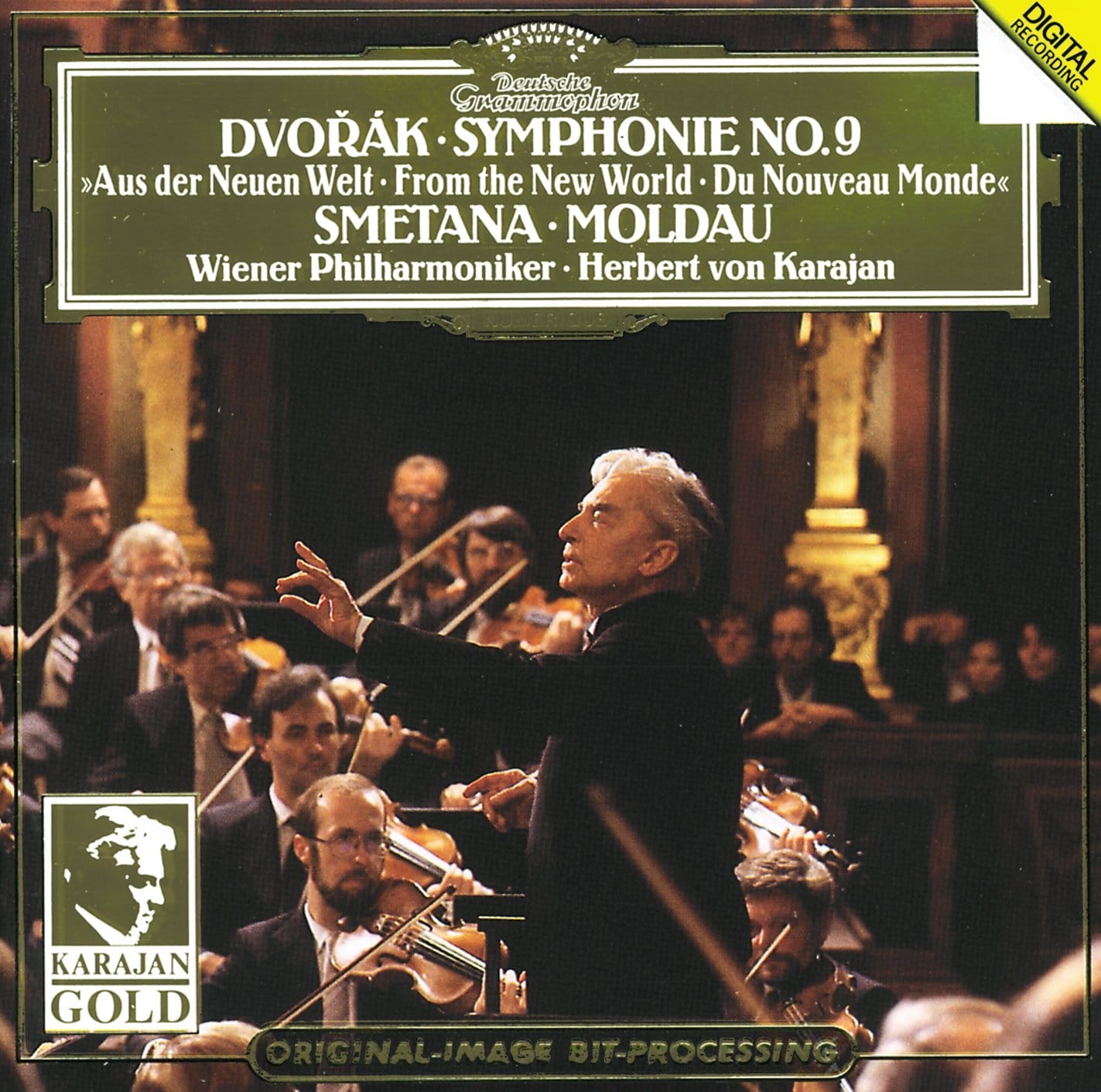
Listen:
- Amazon Music •
- Spotify •
- Tidal •
- YouTube
Artist:
- Antonín Dvořák
Album:
- Dvořák: Symphony No. 9
Description
What struck us the most was its remarkable fusion of European classical traditions with American influences. Dvořák’s symphony beautifully captures the spirit and essence of America, incorporating folk melodies and vibrant rhythms reminiscent of Native American and African American music. This unique blend creates a captivating and evocative musical landscape that takes listeners on a journey through vast landscapes and diverse cultures. This essential masterpiece celebrates the beauty and diversity of both European and American musical traditions.
Concerto for Piano and Orchestra No. 5 in E-flat major, Op. 73 "Emperor"
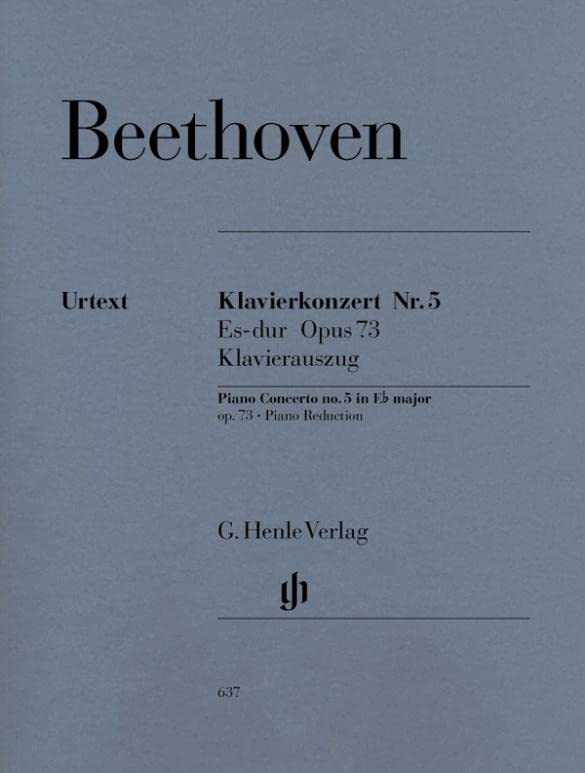
Listen:
- Amazon Music •
- Spotify •
- Tidal •
- YouTube
Artist:
- Ludwig van Beethoven
Album:
- Beethoven: Piano Concerto No. 5
Description
One aspect that resonated with us was the concerto’s grandeur and majestic character. Beethoven’s genius shines through in the virtuosic piano writing and the symphonic scale of the orchestral accompaniment. The “Emperor” Concerto showcases Beethoven’s ability to seamlessly blend moments of brilliance, tender lyricism, and commanding power, creating a captivating musical dialogue between the piano and orchestra. Its timeless beauty, technical demands, and expressive depth make it a favorite among pianists and an indispensable gem in the classical repertoire.
Symphony No. 3 in F major, Op. 90
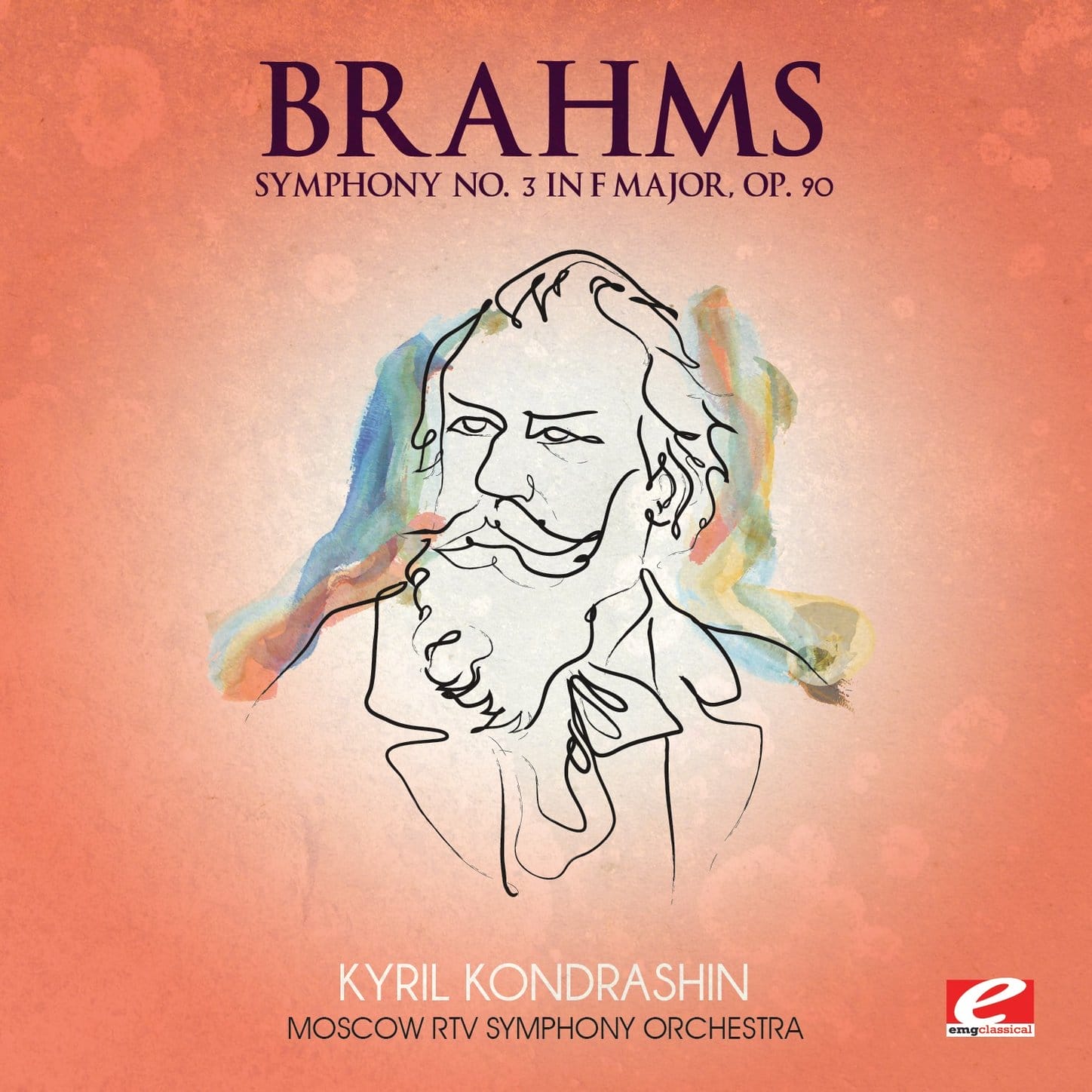
Listen:
- Amazon Music •
- Spotify •
- Tidal •
- YouTube
Artist:
- Johannes Brahms
Album:
- Brahms: Symphony No. 3
Description
We must admit that Johannes Brahms’ “Symphony No. 3 in F major, Op. 90,” is a standout composition. From our perspective, this symphony embodies a perfect balance between intellectual depth and emotional richness. What sets “Symphony No. 3” apart, in our opinion, is Brahms’ ability to create a profound sense of introspection within the listener. The symphony’s exquisite melodic themes, masterful orchestration, and intricate musical development take us on a transformative journey through a range of emotions, from melancholy to triumphant exultation.
Symphony No. 7 in A Major, Op. 92
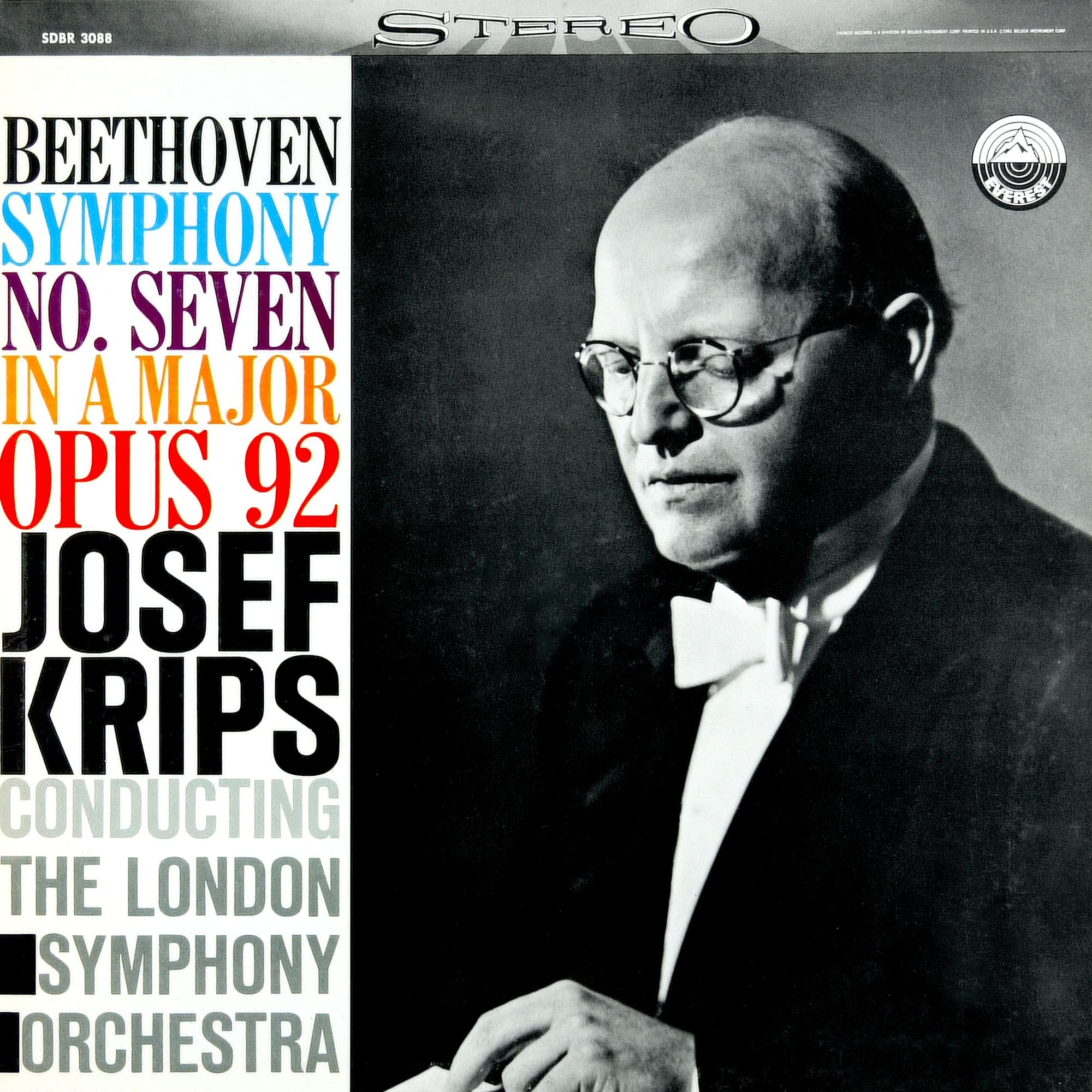
Listen:
- Amazon Music •
- Spotify •
- Tidal •
- YouTube
Artist:
- Ludwig van Beethoven
Album:
- Beethoven: Symphony 7
Description
Personally, we were pleasantly surprised to find that this symphony possesses an undeniable energy and vitality that sets it apart. The symphony’s driving rhythms, infectious melodies, and relentless forward momentum create an exhilarating musical experience. Beethoven’s innovative use of orchestral colors and his ability to build tension and release it in breathtaking climaxes make Symphony No. 7 a true tour de force. Its infectious spirit and uplifting nature make it a perennial favorite among both performers and audiences alike, cementing its status as a classical gem.
Symphony No. 6 in F major, Op. 68 "Pastoral"

Listen:
- Amazon Music •
- Spotify •
- Tidal •
- YouTube
Artist:
- Ludwig van Beethoven
Album:
- Beethoven: Symphony No. 6
Description
One thing we would like to highlight is its unique ability to transport listeners into the tranquility and beauty of nature. The symphony’s evocative melodies, vivid orchestration, and descriptive titles for each movement create a musical landscape that vividly depicts scenes of countryside life. From the cheerful awakening of nature to the lively folk dances, and the serene contemplation of a brook, “Symphony No. 6” immerses us in a serene and idyllic world.
Piano Sonata No. 14 in C-sharp minor, Op. 27 No. 2 "Moonlight Sonata"
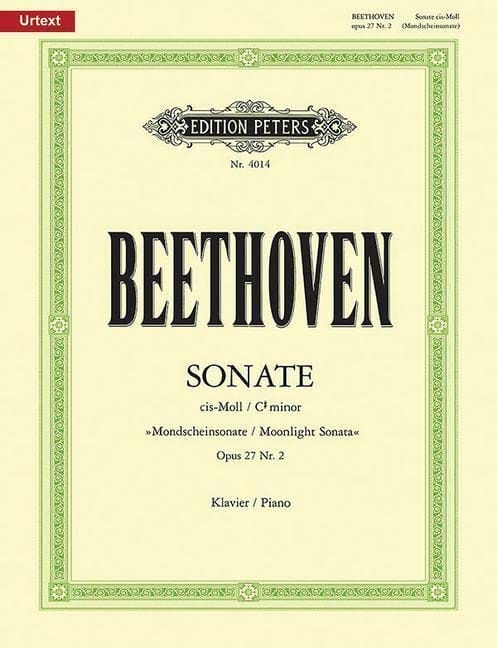
Listen:
- Amazon Music •
- Spotify •
- Tidal •
- YouTube
Artist:
- Ludwig van Beethoven
Album:
- Beethoven: Moonlight Sonata
Description
Personally, this sonata’s hauntingly beautiful and introspective nature has left an indelible mark on us. From the iconic and melancholic first movement to the contrasting agitated second movement and the serene and ethereal final movement, the “Moonlight Sonata” takes us on an emotional journey unlike any other. Beethoven’s masterful use of dynamics, delicate phrasing, and captivating harmonies creates an atmosphere of intimacy and introspection, captivating listeners and drawing them into the depths of the music.
Symphony No. 41 in C major, K. 551 "Jupiter"

Listen:
- Amazon Music •
- Spotify •
- Tidal •
- YouTube
Artist:
- Wolfgang Amadeus Mozart
Album:
- Mozart: Symphonies Nos. 40 & 41
Description
The symphony’s intricate counterpoint, bold harmonies, and contrapuntal richness create a captivating tapestry of musical brilliance. The final movement, in particular, stands out with its remarkable fugal sections and triumphant conclusion, earning it the nickname “Jupiter.” Symphony No. 41 is a testament to Mozart’s genius and remains a pinnacle of symphonic writing, demonstrating his ability to craft music that is both intellectually stimulating and emotionally engaging. It is an essential classical masterpiece that inspires awe and admiration in audiences worldwide.
Violin Concerto in D major, Op. 35
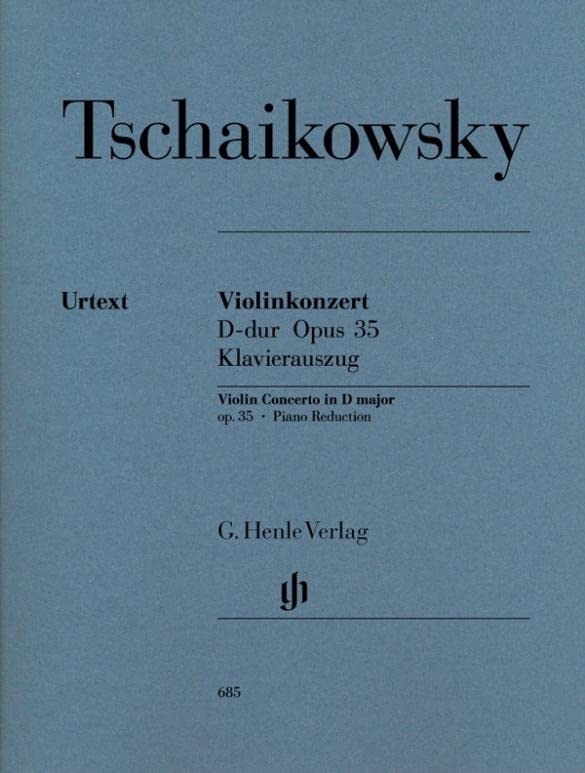
Listen:
- Amazon Music •
- Spotify •
- Tidal •
- YouTube
Artist:
- Pyotr Ilyich Tchaikovsky
Album:
- Violin Concerto
Description
A standout feature for me was its captivating and passionate melodies that showcase the expressive potential of the violin. From the virtuosic solo passages to the sweeping orchestral accompaniment, Tchaikovsky’s concerto is an actual tour de force for both the soloist and the orchestra. The concerto’s emotional depth, dramatic intensity, and soaring lyricism create a profound and unforgettable musical experience. Tchaikovsky’s ability to seamlessly blend technical brilliance with heartfelt emotion makes this concerto stand as a testament to the enduring beauty of the violin as a solo instrument.
Symphony No. 4 in A major, Op. 90 "Italian"
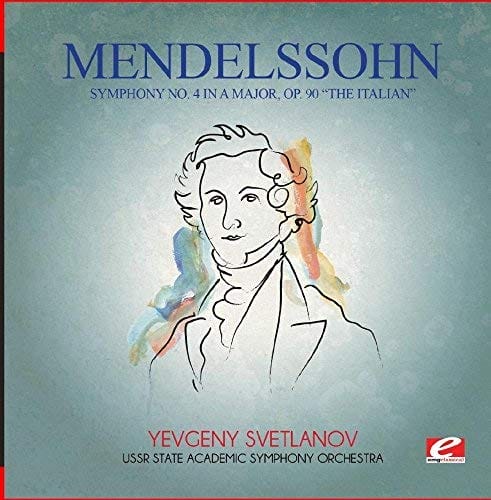
Listen:
- Amazon Music •
- Spotify •
- Tidal •
- YouTube
Artist:
- Felix Mendelssohn
Album:
- Mendelssohn: Symphony No. 4
Description
Personally, we were struck by its vibrant and jubilant character, which captures the essence of Italy. The symphony’s lively and spirited melodies, rhythmic exuberance, and evocative orchestration transport listeners to the picturesque landscapes and vibrant culture of Italy. Mendelssohn’s mastery of composition is evident in the seamless integration of contrasting themes and the symphony’s delightful sense of flow and energy. This song’s ability to convey a sense of joy and wanderlust makes it a timeless gem that continues to enchant audiences.
Symphony No. 6 in B minor, Op. 74 "Pathétique"

Listen:
- Amazon Music •
- Spotify •
- Tidal •
- YouTube
Artist:
- Pyotr Ilyich Tchaikovsky
Album:
- Tchaikovsky: Symphony No. 6
Description
What struck us the most was its deep emotional impact and raw intensity. Tchaikovsky’s Symphony No. 6 delves into the depths of human emotion, from moments of despair and melancholy to powerful expressions of passion and longing. The symphony’s rich orchestration, dramatic contrasts, and poignant melodies create a visceral experience that resonates profoundly with listeners. With its tragic and haunting theme, the final movement leaves a lasting impression, evoking a sense of both sorrow and beauty.
Symphony No. 94 in G major "Surprise"
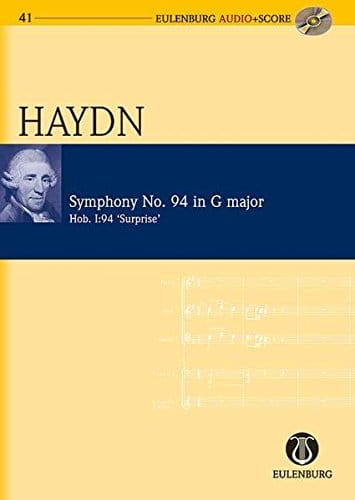
Listen:
- Amazon Music •
- Spotify •
- Tidal •
- YouTube
Artist:
- Franz Joseph Haydn
Album:
- Haydn: Symphony No. 94
Description
Based on our personal experience as lovers of classical music, we can confidently say that Franz Joseph Haydn’s Symphony No. 94 in G major, commonly known as the “Surprise” Symphony, is an essential and delightful masterpiece. One aspect that resonated with us was its ability to surprise and captivate the listener. The symphony’s most famous feature is the unexpectedly loud chord in the second movement, which breaks the serene atmosphere and startles the audience.
Symphony No. 1 in C minor, Op. 68

Listen:
- Amazon Music •
- Spotify •
- Tidal •
- YouTube
Artist:
- Johannes Brahms
Album:
- Brahms: Symphony No. 1
Description
One thing we would like to highlight is this classical work’s profound depth and emotional richness. Brahms’ Symphony No. 1 carries a weighty and introspective character, reflecting the composer’s struggle to emerge from the shadow of Beethoven. The symphony’s majestic and expansive themes, rich harmonies, and meticulous craftsmanship showcase Brahms’ mastery of symphonic writing. Symphony No. 1 weaves a tapestry of contrasting moods, from moments of brooding darkness to triumphant outbursts, ultimately leading to a resolute and powerful finale.
Ave Maria
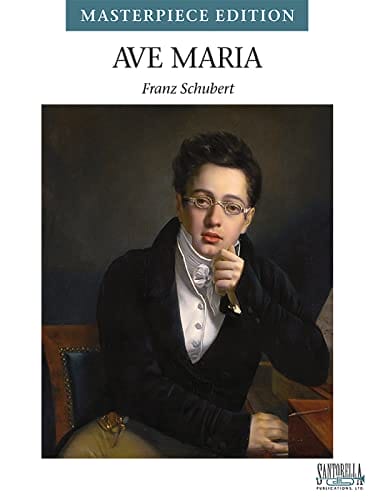
Listen:
- Amazon Music •
- Spotify •
- Tidal •
- YouTube
Artist:
- Franz Schubert
Album:
- Schubert: Ave Maria
Description
One aspect that resonates deeply with me is the song’s timeless beauty and serene atmosphere. Schubert’s composition, based on a poem by Sir Walter Scott, showcases his gift for creating melodies that touch the soul. The delicate and flowing piano accompaniment perfectly complements the exquisite vocal lines, resulting in a sublime and angelic composition. Ave Maria’s soothing and prayerful qualities evoke a sense of peace and introspection, making it a beloved piece in both sacred and secular settings.
Symphony No. 3 in E-flat major, Op. 55 "Eroica"

Listen:
- Amazon Music •
- Spotify •
- Tidal •
- YouTube
Artist:
- Ludwig van Beethoven
Album:
- Beethoven: Symphony No. 3
Description
One thing we would like to highlight is this classical masterpiece’s groundbreaking nature and profound impact on the world of classical music. Beethoven’s Symphony No. 3 marks a significant departure from the traditional symphonic form of its time as it expands the boundaries of symphonic writing with its unprecedented scale, emotional depth, and dramatic power. The symphony’s heroic and revolutionary spirit resonates through its expansive melodies, bold harmonies, and relentless energy.
Symphony No. 8 in B minor, D. 759 "Unfinished"
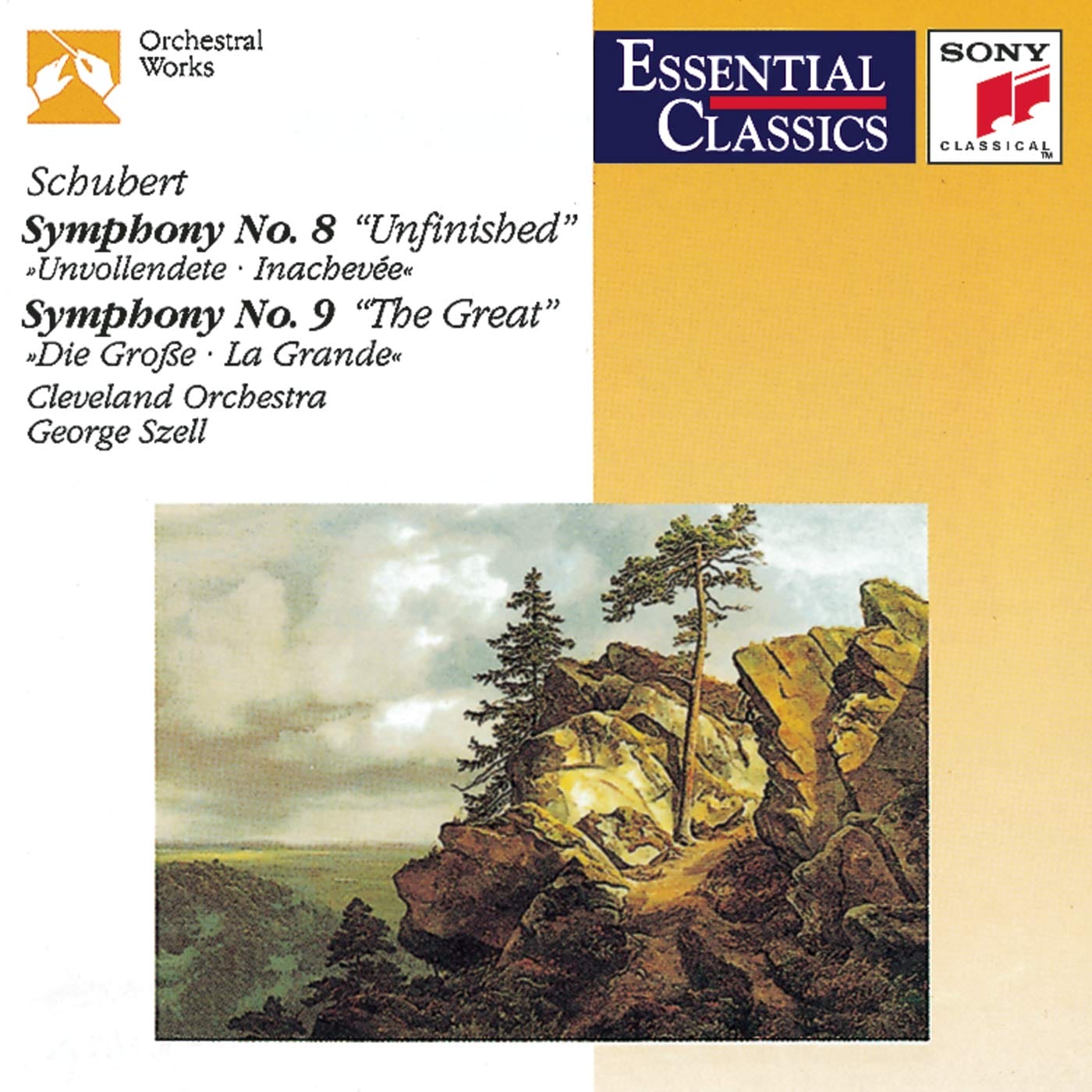
Listen:
- Amazon Music •
- Spotify •
- Tidal •
- YouTube
Artist:
- Franz Schubert
Album:
- Schubert: Symphony No. 8
Description
Personally, we were particularly interested in this symphony due to its intriguing and mysterious nature. Schubert’s Symphony No. 8 is characterized by its incomplete status, consisting of only two movements instead of the traditional four. Despite its unfinished nature, this symphony captivates listeners with its haunting melodies, rich harmonies, and emotional depth. The symphony’s introspective and melancholic qualities create a sense of yearning and longing that lingers in the hearts of those who experience it.
The Four Seasons: Spring

Listen:
- Amazon Music •
- Spotify •
- Tidal •
- YouTube
Artist:
- Antonio Vivaldi
Album:
- Vivaldi: The Four Seasons
Description
This classical work holds a special place in our hearts as an essential and captivating masterpiece. Personally, we were pleasantly surprised to find that this composition effortlessly transported us into the vibrant and enchanting world of spring. Vivaldi’s genius is on full display as he weaves vivid musical imagery through the delicate melodies, playful rhythms, and evocative harmonies. The orchestra paints a vivid picture of blooming flowers, singing birds, and gentle breezes, capturing the essence of the season with remarkable precision.
Requiem Mass in D minor, K. 626
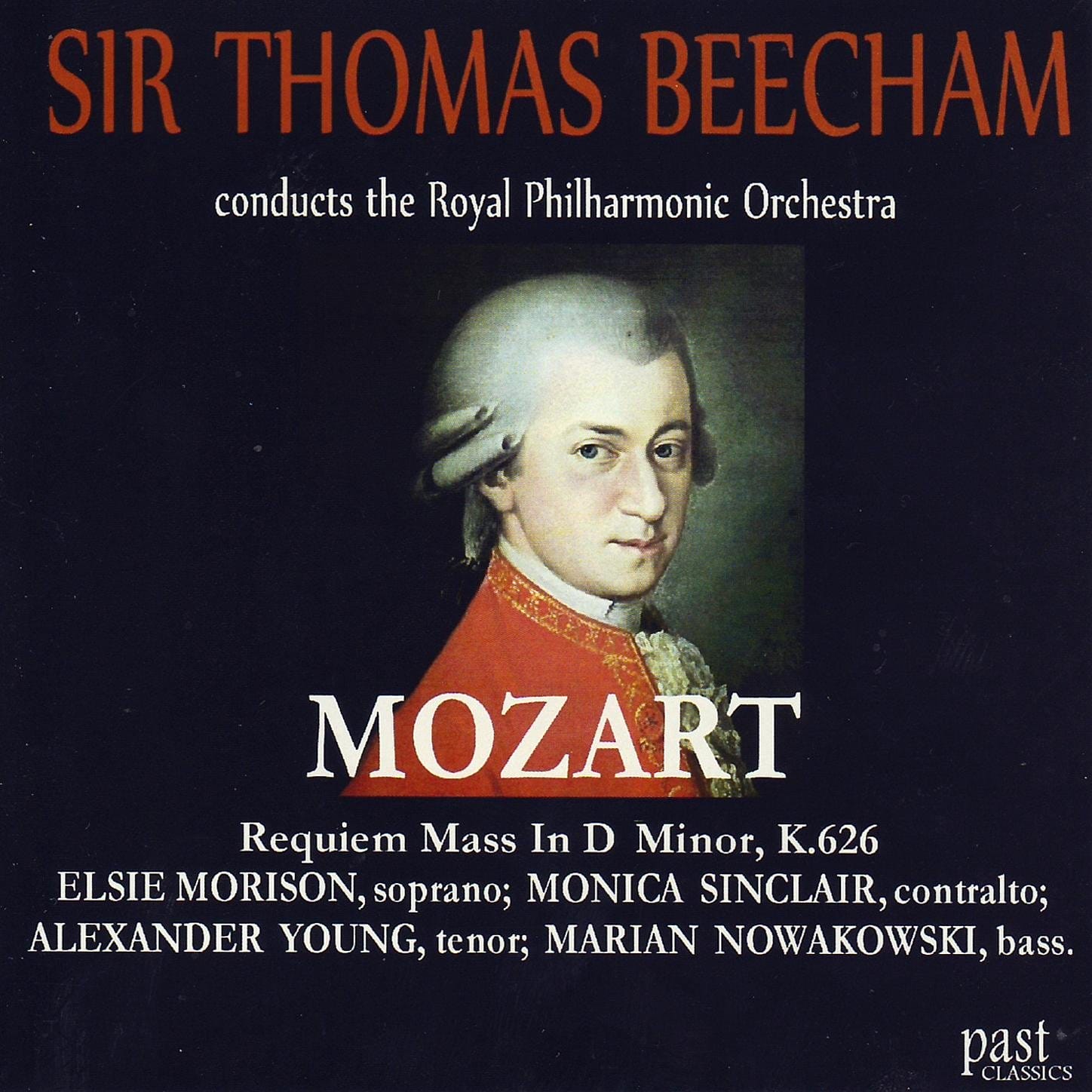
Listen:
- Amazon Music •
- Spotify •
- Tidal •
- YouTube
Artist:
- Wolfgang Amadeus Mozart
Album:
- Mozart: Requiem
Description
One aspect that struck us the most was its deeply emotional and spiritual nature. Mozart’s Requiem is a monumental work that explores themes of life, death, and transcendence. The choral passages, accompanied by the powerful orchestration, evoke a sense of reverence and awe, capturing the solemnity and intensity of the Requiem text. From the hauntingly beautiful melodies to the intricate contrapuntal writing, the Requiem showcases Mozart’s exceptional ability to convey deep human emotions through music.
Symphony No. 5 in C-sharp minor
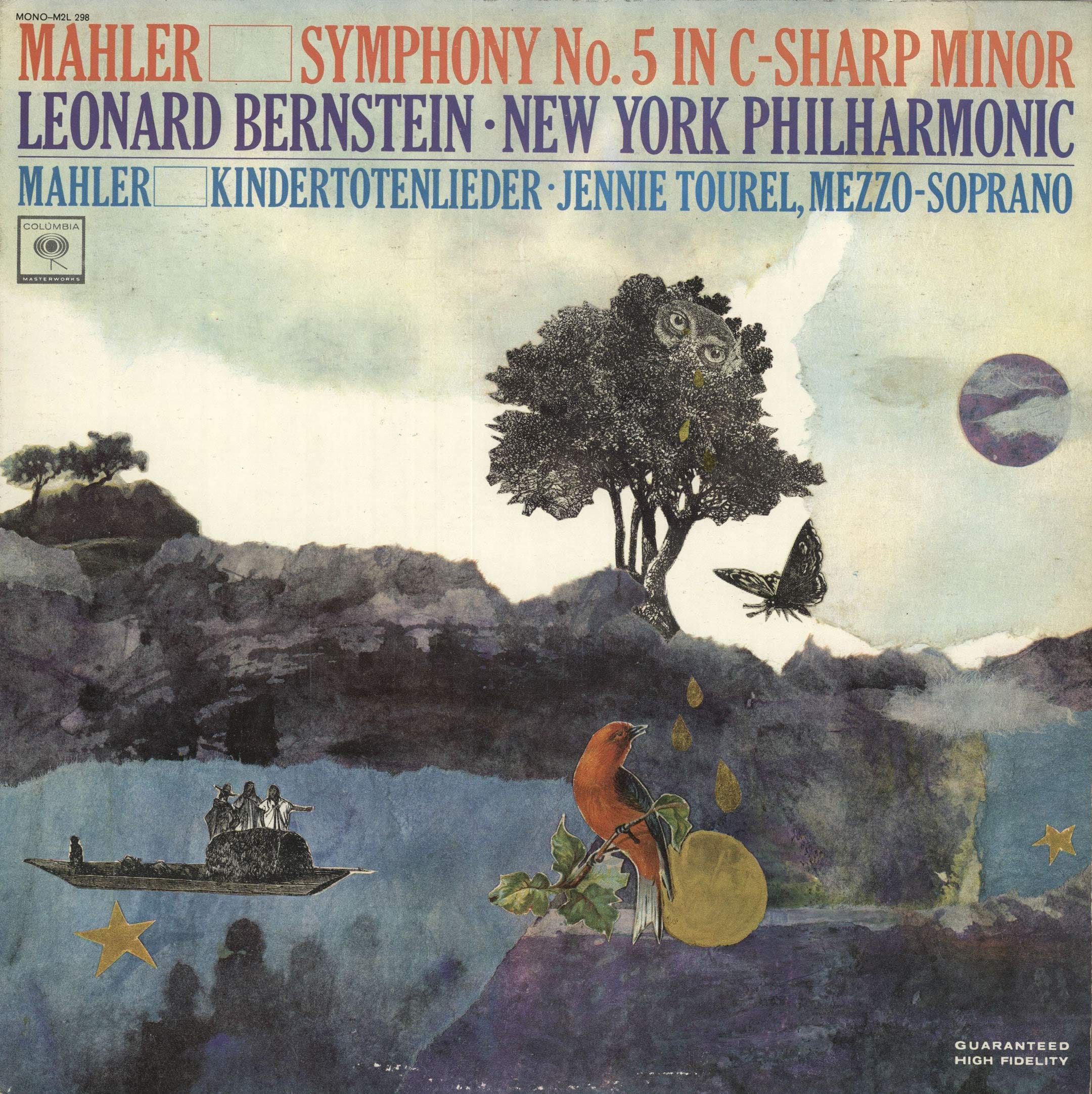
Listen:
- Amazon Music •
- Spotify •
- Tidal •
- YouTube
Artist:
- Gustav Mahler
Album:
- Symphony No. 5
Description
Personally, we were initially drawn to this symphony because of its profound emotional depth and transformative power. Mahler’s Symphony No. 5 takes listeners on a journey of intense emotions, from the somber and brooding opening funeral march to the exultant and triumphant finale. The symphony showcases Mahler’s signature use of orchestral colors, rich harmonies, and complex musical structures. It explores a wide range of moods and emotions, conveying a profound sense of introspection, longing, and ultimately, catharsis.
Prelude in D-flat major, Op. 28 No. 15 "Raindrop Prelude"
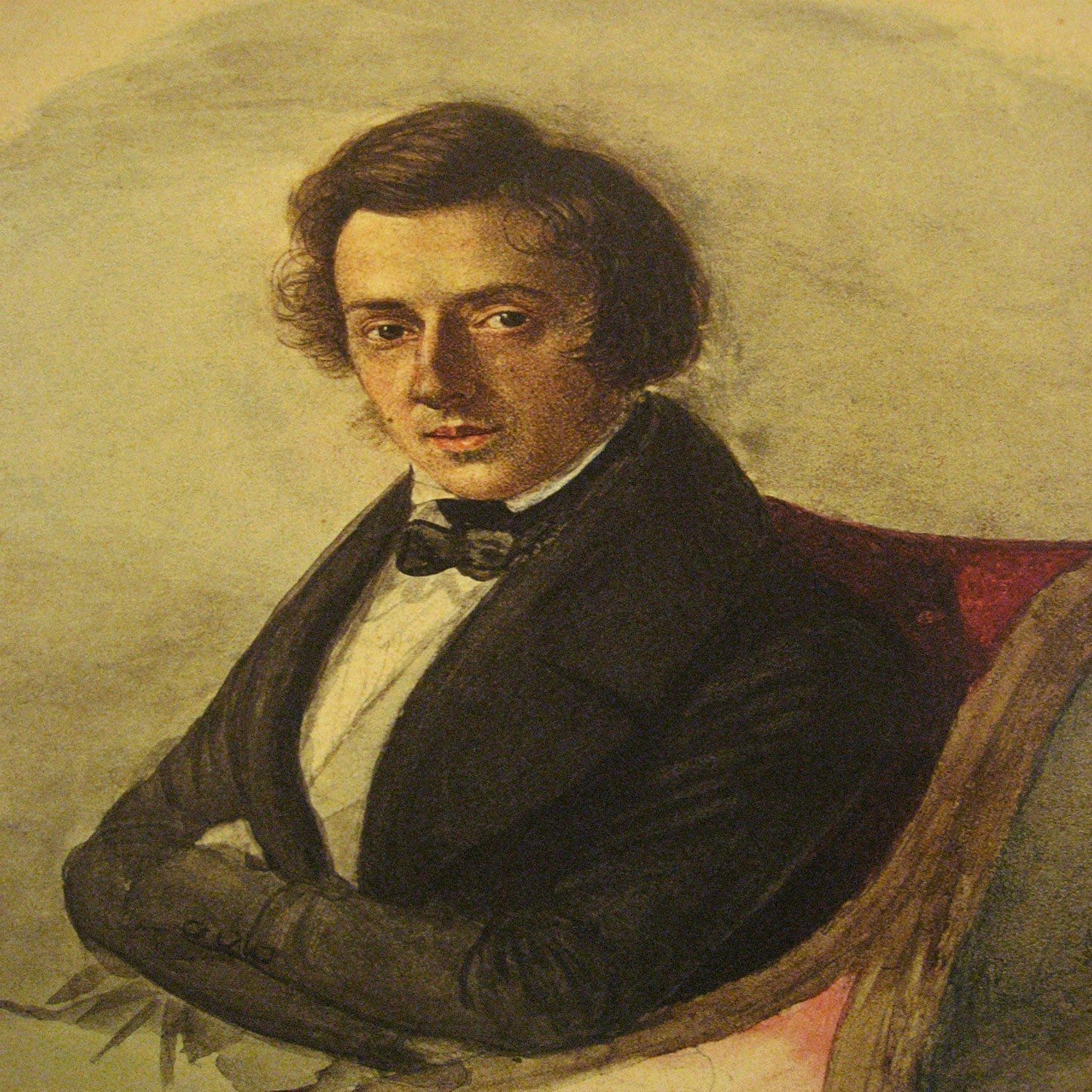
Listen:
- Amazon Music •
- Spotify •
- Tidal •
- YouTube
Artist:
- Frédéric Chopin
Album:
- Chopin: Raindrop Prelude
Description
One aspect that stands out is the song’s ability to evoke a vivid and atmospheric experience through music. Chopin’s delicate and mesmerizing melodies, combined with the recurring “raindrop” motif, create a sonic portrayal of a gentle rain shower. The contrasting sections, alternating between tranquility and storm-like intensity, further enhance the evocative nature of the prelude. The “Raindrop Prelude” is not only a showcase of Chopin’s technical mastery but also a testament to his ability to convey emotions and create vivid imagery through music.
Symphony No. 25 in G minor, K. 183
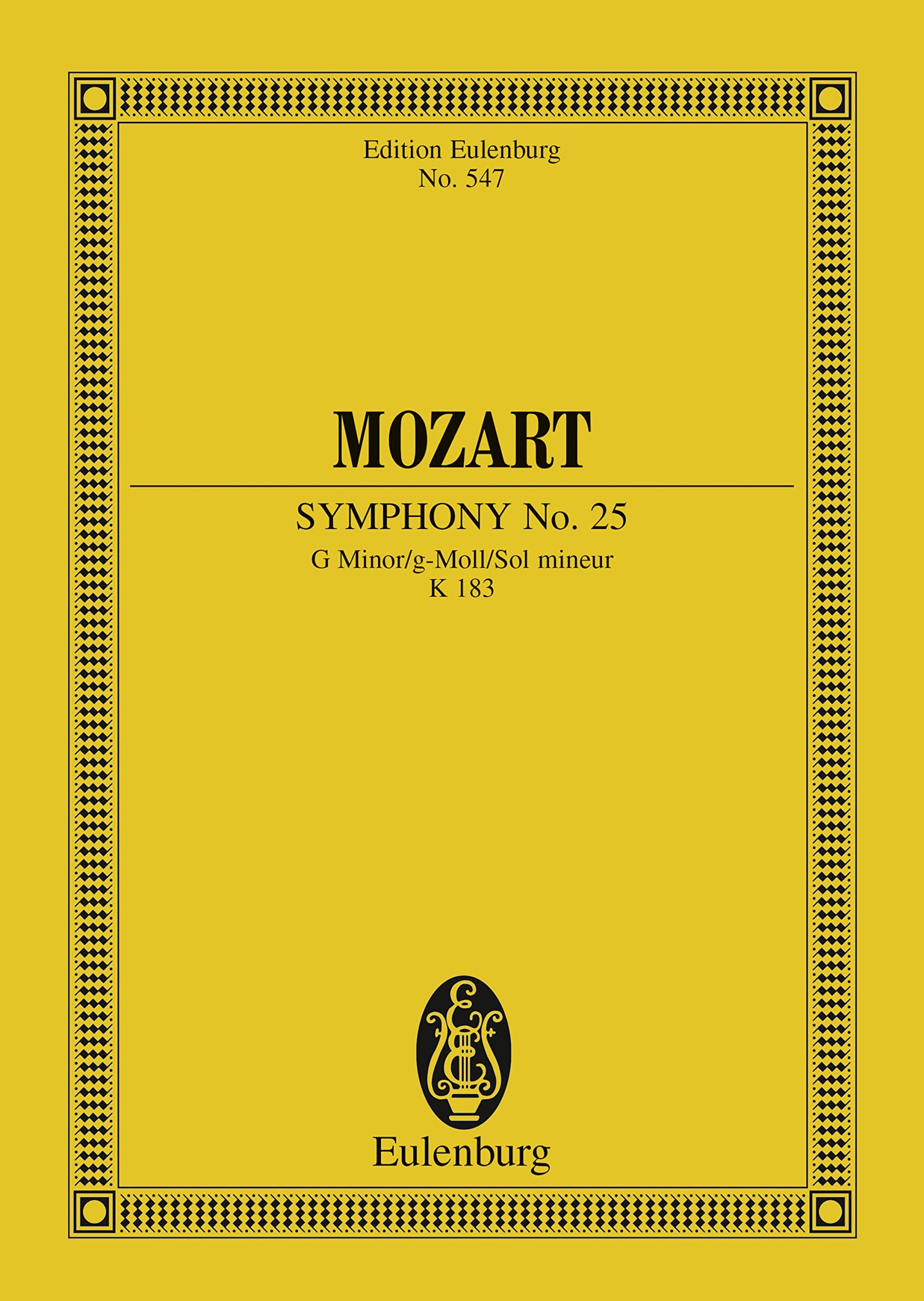
Listen:
- Amazon Music •
- Spotify •
- Tidal •
- YouTube
Artist:
- Wolfgang Amadeus Mozart
Album:
- Mozart: Symphony No. 25
Description
One thing we would like to highlight about the song is its remarkable depth and maturity, especially considering Mozart’s young age when he composed it. Symphony No. 25 showcases Mozart’s prodigious talent and musical genius with its dramatic and emotionally charged melodies, intricate harmonies, and refined orchestration. The symphony’s opening motif immediately captivates the listener and sets the tone for the intense and impassioned journey that follows. Mozart’s ability to convey a range of emotions, from melancholy to exuberance
Brandenburg Concerto No. 3 in G major, BWV 1048

Listen:
- Amazon Music •
- Spotify •
- Tidal •
- YouTube
Artist:
- Johann Sebastian Bach
Album:
- Bach: Brandenburg Concertos
Description
The intricate interplay of the instruments, the precise and harmonious melodies, and the joyful spirit of the music all resonate deeply with us. We have been captivated by the way Bach expertly weaves together the voices of the different instruments, creating a symphony of sounds that is both enchanting and uplifting. The Brandenburg Concerto No. 3 holds a special significance for us, as it has accompanied us through moments of celebration and inspiration.
Symphony No. 7 in A major, Op. 92

Listen:
- Amazon Music •
- Spotify •
- Tidal •
- YouTube
Artist:
- Ludwig van Beethoven
Album:
- Beethoven: Symphony No. 7
Description
Personally, this symphony has had a profound impact on us, stirring our emotions and resonating with our very souls. The symphony’s energetic and rhythmic motifs, coupled with its irresistible melodies, create an exhilarating and captivating musical experience. Symphony No. 7 exudes a remarkable sense of joy, triumph, and unyielding optimism, which has served as a source of inspiration during moments of personal triumph and perseverance. Beethoven’s genius is evident in the symphony’s rich orchestration, dynamic contrasts, and profound emotional depth.
The Final Note
As we conclude our journey through the 25 essential classical masterpieces, we are reminded of these timeless compositions’ enduring power and influence. From the symphonic majesty of Beethoven to the delicate harmonies of Mozart, each piece has woven itself into the tapestry of musical history. These masterworks serve as a testament to the incredible creativity and genius of the composers who crafted them. Their melodies have resonated through the ages, captivating hearts and minds across generations. Let us continue to cherish and celebrate these treasures, for they are not merely music for the ages but a gateway to the profound emotions and eternal beauty that can be found within classical music.
John Chiong is a creative writer with seven years of experience writing engaging and informative content for various industries. More so, he has a deep love for music that fuels his passion and creativity. John enjoys all types of music and has a favorite song from every genre. His love for music has greatly influenced his writing.